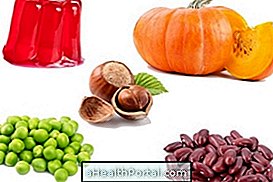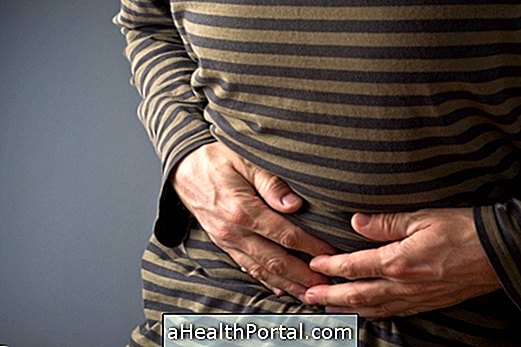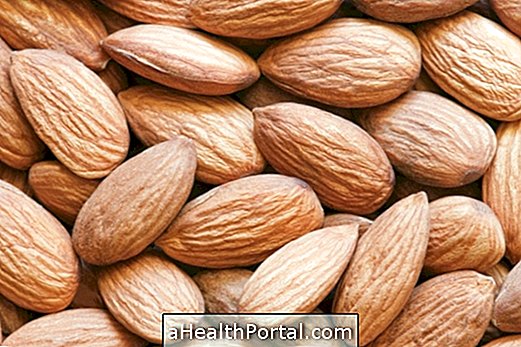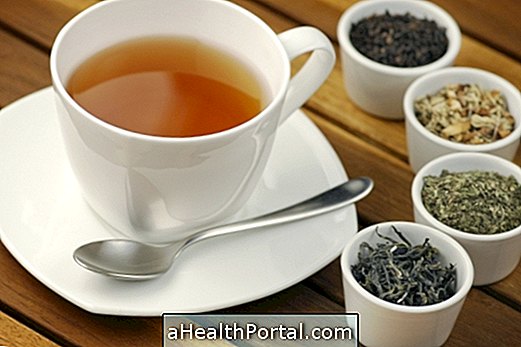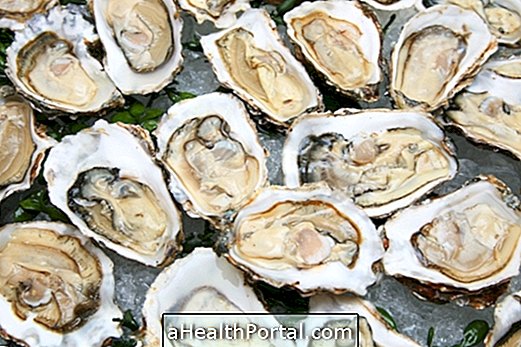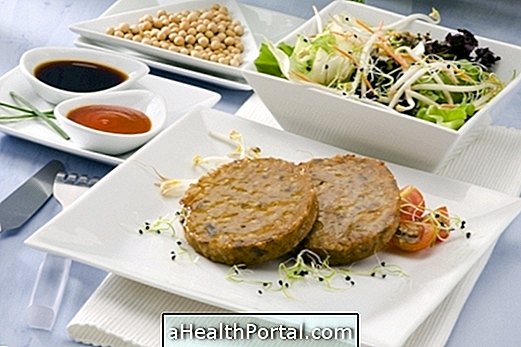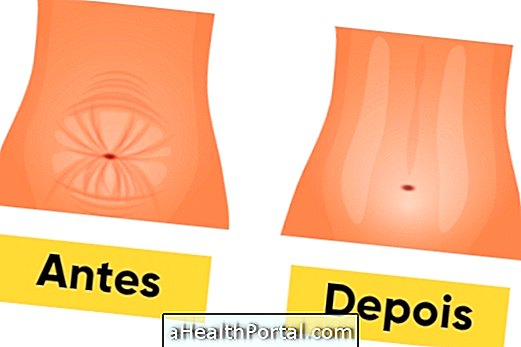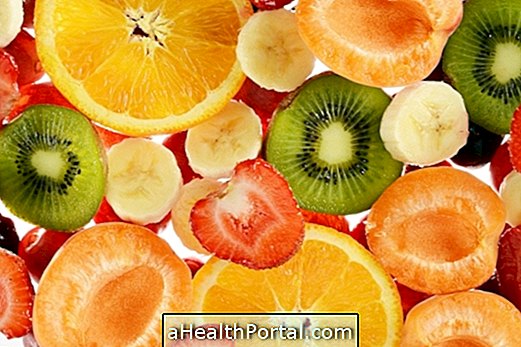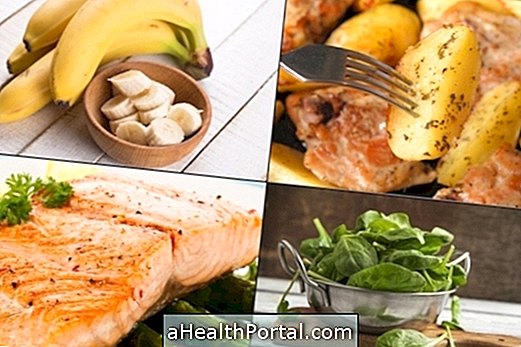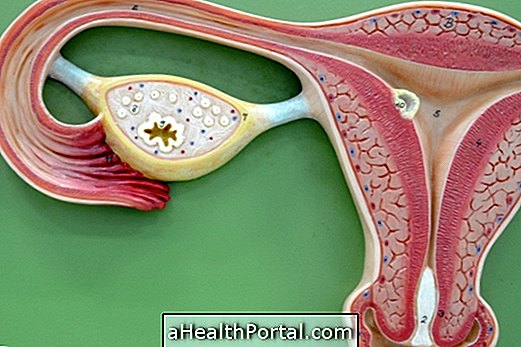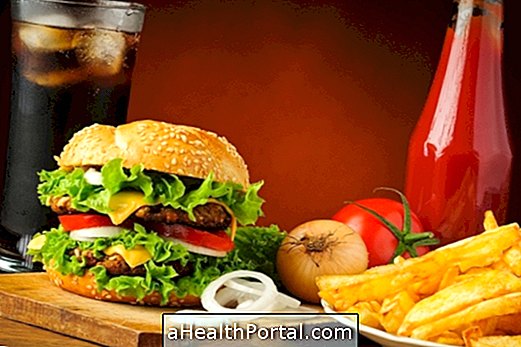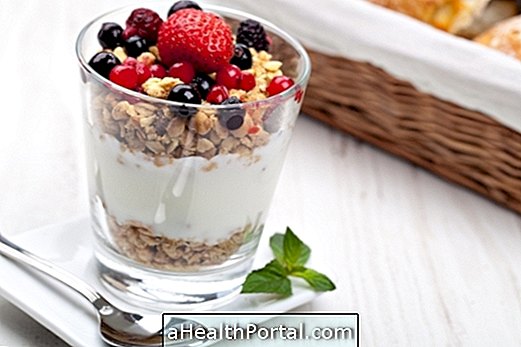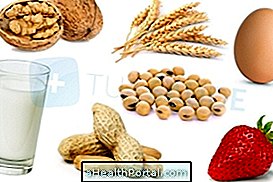During long walks you must be attentive to food and hydration so that the body has energy and regain the muscle mass used throughout the day. On pilgrimages, it is common for participants to walk 20 to 35 km a day, which requires fitness and a balanced diet to maintain such effort.
It is common that during the walking period there is weight loss and fainting due to fatigue and dehydration, especially when the course is done in hot climates or when there are missing points along the way. So, here's how feeding should be during long walks:

Feeding Before Hiking
About 3 to 4 days before starting the walk, one should increase the intake of carbohydrate-rich foods, which will increase the energy stores located in the liver and muscle mass. Thus, carbohydrates should be included in all meals, and are represented mainly by foods such as rice, bread, pasta, tapioca, couscous, farofa, juices, fruits, potatoes and sweet potatoes.
The consumption of proteins and fats should be kept within the natural standard, consuming foods such as olive oil, chicken or fish meat at lunch and dinner, and eggs, cheeses, nuts and milk in snacks and at breakfast.
Feeding During Hiking

As calorie consumption is very high during walking due to heavy physical effort, it is necessary to consume easily digestible and carbohydrate rich foods and energy throughout the day. For this phase it is advisable to use fruits, fruit juices, candies such as rapadura, marmalade, half bitter chocolate and energy drinks. In addition, you can also use foods such as nuts, peanuts, cereal bars and
In addition, one must also be aware of the consumption of proteins, which will both give energy to the exercise and recover the muscle mass that will be worn along the course. So breakfast should be rich in foods like eggs, cheeses and milk, and during lunch you need to make a fuller meal, preferring lean meats and only a small amount of salad, to allow for a faster and more adequate digestion. Look at foods high in protein.
Feeding After Hiking
At the end of the day of walking, it is important to ingest plenty of water and carbohydrate-rich liquids to aid in rehydration, such as juices and vitamins. Soon after the end of the physical effort, you should consume a protein cereal bar or a protein supplement to start the muscle recovery process. Another option is to have a snack with good protein sources, such as a chicken and cheese sandwich, even before dinner.
Then dinner should be rich in carbohydrates to replenish energy stores of muscle mass, and should contain foods like rice, pasta, potatoes or farofa, for example. In addition, a new source of protein should be ingested, preferably chicken, lean meats or fish.

How to stay hydrated
The best way to stay hydrated is to observe the signs of thirst and always walk with water, juices or isotonic drinks in the backpack. It is recommended that men consume at least 2 liters of water per day, while women should consume at least 1.5 liters.
To avoid nausea and malaise due to excessive fluid in the stomach, small amounts of water should be swallowed at intervals of at least 20 minutes. A good tip is to take 3 to 4 glasses of water at least 4 hours before the start of the walk, to start the course well hydrated.
Use of Supplements
In addition to natural foods, carbohydrate supplements in the form of gels or cereal bars rich in protein and carbohydrates can also be used as they are easy to carry in the backpack and to be used at any time of the day.
In some cases, the walker may also use powdered nutritional supplements containing both carbohydrates and proteins as they are easily diluted in water to be consumed during the course.
Another option is to make your own homemade isotonic, as shown in the following video:


